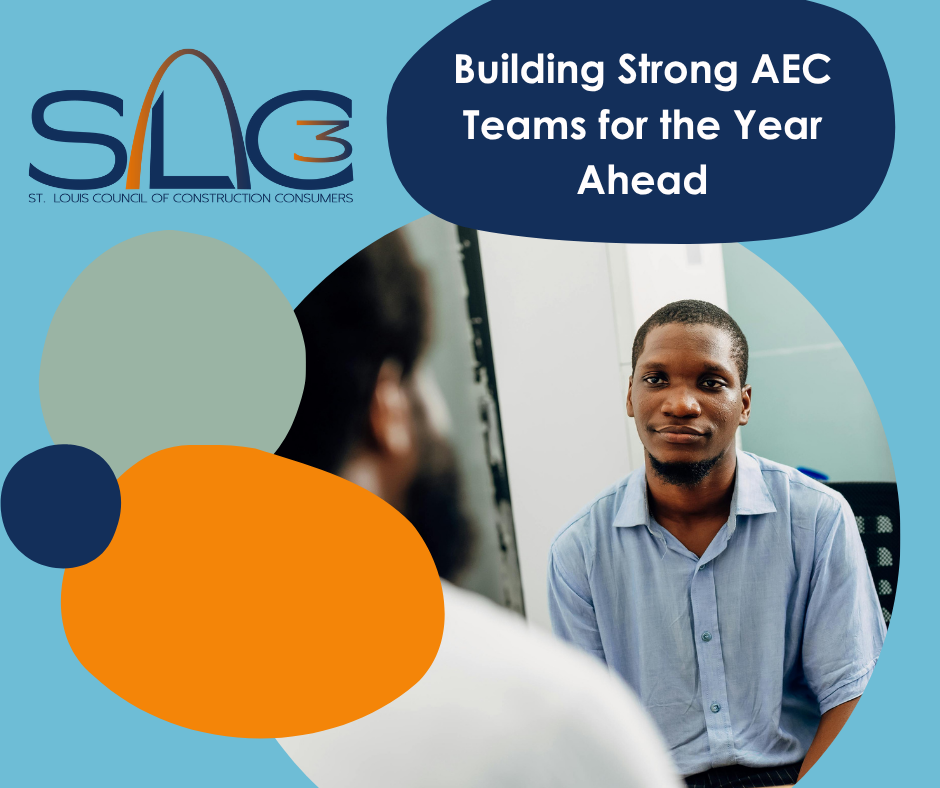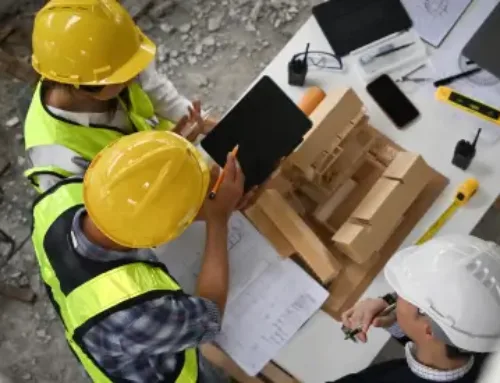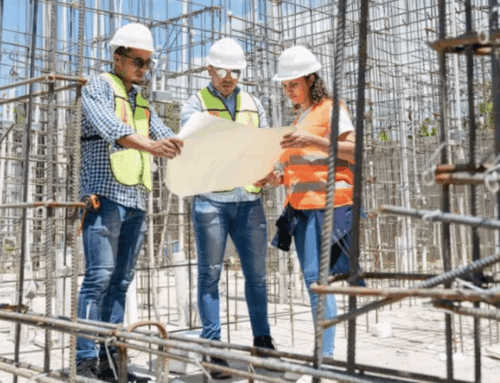As the year winds down, many Architecture, Engineering, and Construction (AEC) firms are taking a hard look at their project pipelines, workforce needs, and strategic plans for the new year. With bids being prepared, new contracts kicking off, and project schedules tightening, now is a critical moment to examine how you interview and hire talent.
The AEC workforce remains highly competitive, with ongoing skilled labor shortages, increased demand for specialty roles, and rising expectations from candidates. That means the ability to interview effectively—quickly, fairly, and with confidence—is more important than ever. To help you strengthen your hiring strategy as you plan for the year ahead, here are timely, practical interviewing tips tailored specifically for AEC leaders.
Prepare With the Current Workforce Landscape in Mind
Today’s AEC workforce shortage affects nearly every discipline—estimators, project managers, superintendents, BIM specialists, architects, and trades alike. Because of this, preparation is key.
- Clarify your immediate and long-term staffing needs, especially for upcoming projects.
- Identify which skills are non-negotiable (e.g., BIM proficiency, field supervision experience, knowledge of local codes) and which can be developed on the job.
- Review resumes before the interview, highlighting areas that relate directly to your project pipeline or technical requirements.
In a tight labor market, understanding exactly what you need helps you identify the right candidates efficiently.
Starting the Interview
First impressions matter, and candidates in the AEC industry often juggle busy jobsite responsibilities or multiple interview processes. Beginning with a clear explanation of the interview structure, role expectations, and your project pipeline establishes transparency and professionalism right away.
This helps candidates understand the context behind your questions and creates a more productive conversation. A clear, intentional start also demonstrates respect for the candidate’s time and helps them feel more at ease.
Ask High-Impact Questions that Reflect Today’s Realities
An effective AEC interview goes beyond “Tell me about yourself.” It digs into experiences that mirror real-world challenges happening on job sites right now.
Consider incorporating:
Behavioral questions
- “Tell me about a time you handled significant schedule pressure due to material or labor shortages.”
- “Describe a conflict between subcontractors or team members and how you resolved it.”
Situational questions
- “What would you do if a subcontractor delayed a critical-path activity?”
- “How would you manage communication when a design change impacts the jobsite schedule?”
Technical questions
- BIM software proficiency
- Plan-reading skills
- RFIs and submittal management
- QA/QC processes
- Field documentation tools
These questions help differentiate candidates who can talk about the work from those who can perform it.
Listen Actively and Seek Real-World Examples
A strong candidate will speak in specifics:
- What they did
- How they solved problems
- What results they achieved
- How they collaborated with others
Vague answers or a lack of clear examples may signal gaps in experience or accountability. Stay curious, ask follow-up questions, and take notes so you can evaluate objectively afterward.
Close the Interview With Clarity—and a Sense of Urgency
Top AEC talent moves quickly in the job market. Ending interviews professionally and promptly is key to staying competitive.
- Outline expected timelines for next steps.
- Let candidates know when they’ll hear back.
- Allow time for their questions—they’re evaluating you too.
Timeliness and communication can make the difference between winning or losing a great candidate.
Debriefing Quickly to Maintain Momentum
After the interview, swift and structured debriefing helps maintain momentum and supports objective decision-making. Compare candidates directly against the role’s requirements and upcoming project needs, using consistent evaluation criteria.
You should capture impressions promptly while the conversation is fresh in your mind. Timely debriefing is especially important at year-end, when projects move fast and strong candidates may be evaluating multiple offers.
Conclusion: Strengthen Your Team for the Year Ahead
As AEC firms prepare for a new year of projects, now is the time to sharpen interviewing practices and build strong, reliable teams. By approaching interviews with clarity, structure, and an understanding of today’s workforce realities, you’ll be better positioned to attract and secure top talent.
A thoughtful hiring process not only supports immediate project needs—it strengthens your organization for long-term success. With the right approach, the candidates you interview today can become the team members who drive your projects forward in the year ahead.






